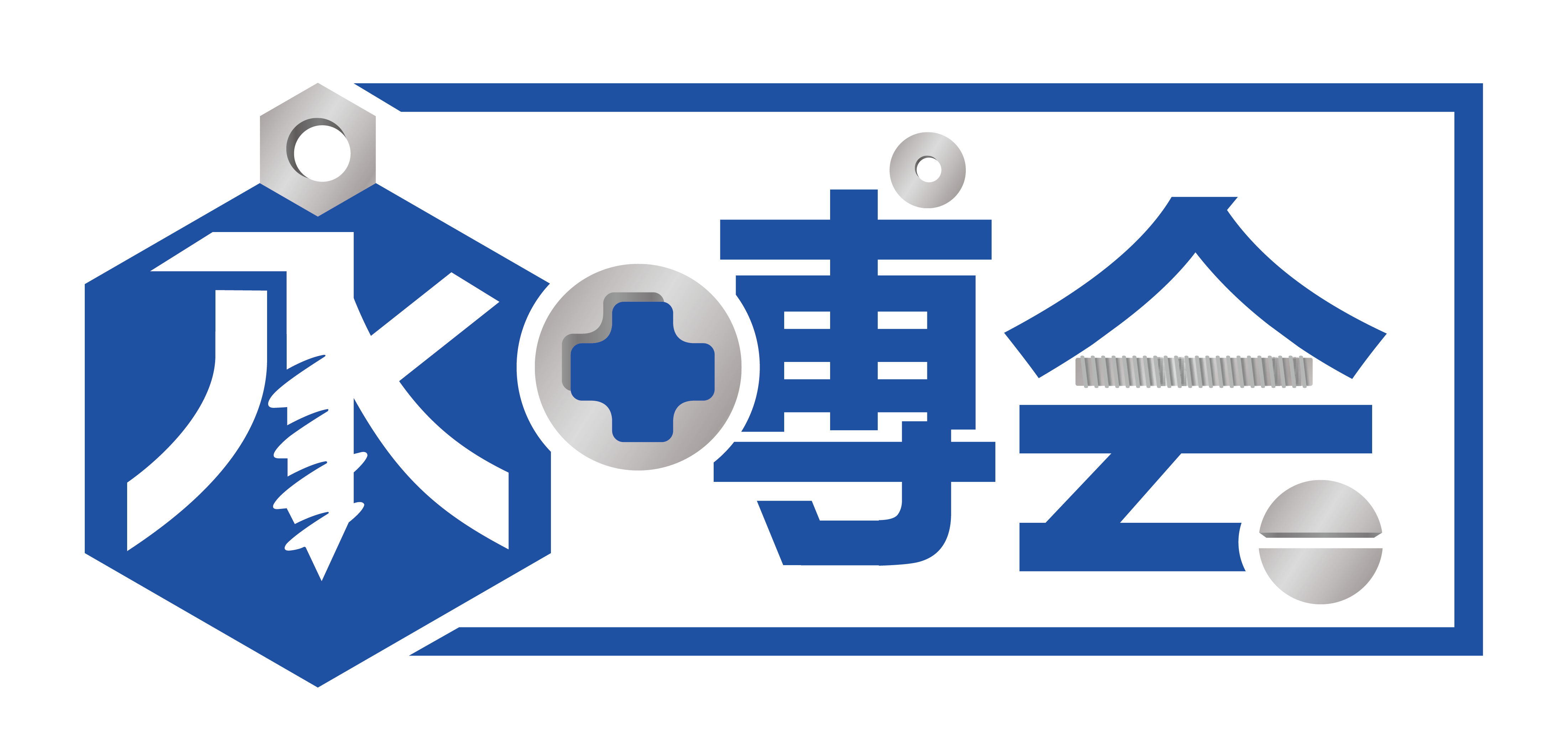Stainless steel fasteners are widely used across various industries due to their corrosion resistance, high-temperature resistance, and high strength. Their main applications include:
- Construction Engineering: Used in bridges, tunnels, high-rise buildings, and steel structures, providing long-term stable fastening in harsh outdoor environments.
- Machinery Manufacturing: Suitable for various machinery and equipment, especially in humid and highly corrosive environments, such as food processing machinery and paper-making equipment.
- Automotive and Rail Transit: Applied in automobile chassis, high-speed rail, and subways, where high vibration resistance and corrosion resistance are required.
- Marine and Offshore Engineering: Used in seawater, high-humidity, and high-salt environments, providing rust-proof and corrosion-resistant fastening solutions for ship decks, port facilities, etc.
- Petrochemical Industry: Applied in refineries, chemical pipelines, storage tanks, and offshore drilling platforms, enduring high temperatures, high pressure, and corrosive chemicals.
- Electronics and Electrical Engineering: Used in power equipment and communication devices to ensure long-term stable electrical connections and prevent contact corrosion.
- Food and Pharmaceutical Industry: Applied in food processing equipment and pharmaceutical machinery to ensure hygiene and compliance with FDA and GMP standards.
- Solar and Wind Energy: Used in photovoltaic power plants and wind farms, providing long-term weather-resistant fasteners to withstand rain, wind, and UV exposure.
Common stainless steel fastener materials include 304, 316, and 316L, each suited for different environmental demands, particularly excelling in high-corrosion, high-humidity, or chemically aggressive conditions.



